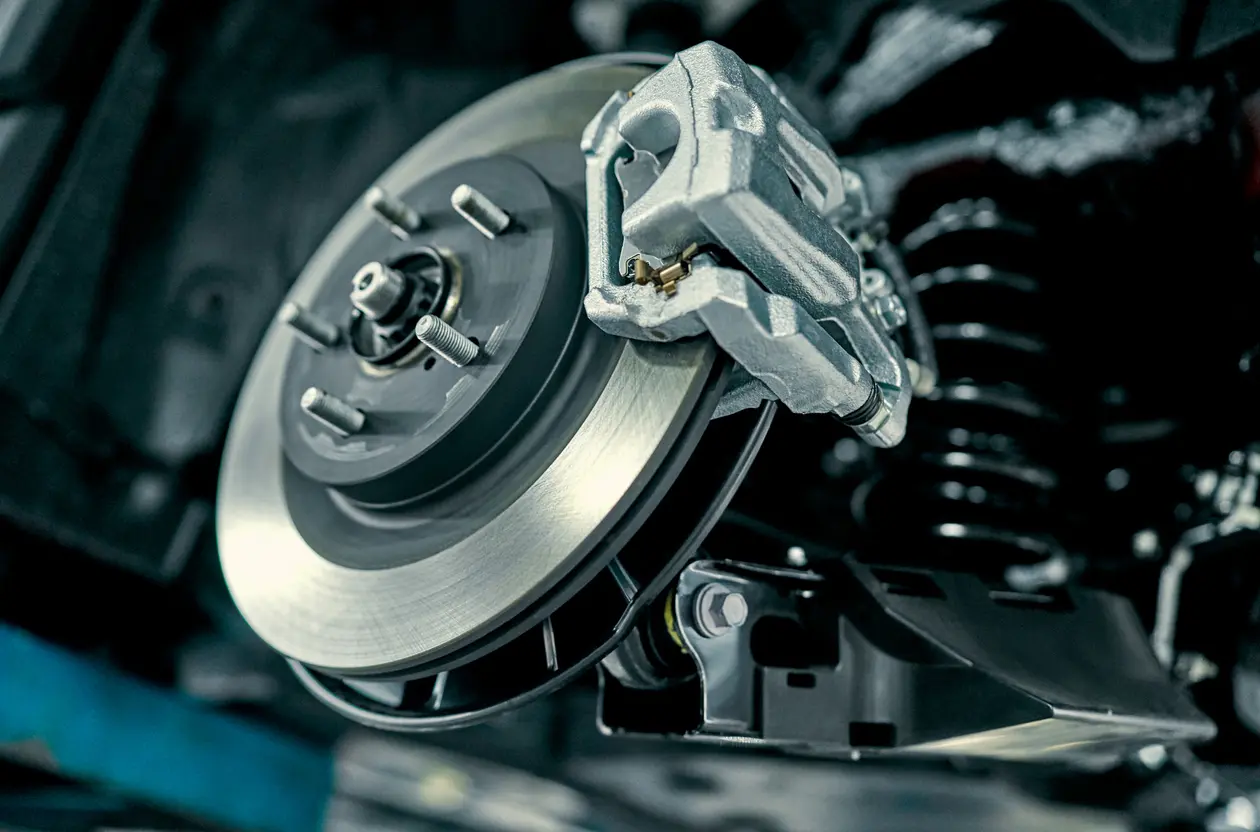EN 15877 Brake System Functionality Testing for Freight Wagons
The European Union standard EN 15877 specifies the procedure for testing the functionality of air brake systems in freight wagons. This stringent regulation ensures that all railway vehicles meet high safety and performance standards, which is critical to preventing accidents and ensuring smooth operations within the transportation sector.
Under this directive, the brake system must undergo a series of functional tests aimed at verifying its correct operation under various conditions. These include checks for air pressure levels, the ability to generate braking force accurately, and the integrity of connections between wagons. Compliance with these standards is mandatory in European Union countries and has been adopted by many international railway operators.
The testing process involves several key steps. Initially, the wagon’s brake system must be subjected to a pressure check using specialized equipment designed to simulate real-world conditions encountered during operation on railways. This includes exposure to different environmental factors such as temperature variations and humidity levels that could affect performance.
Following initial pressurization, the next phase focuses on assessing how effectively the brakes can decelerate the vehicle while maintaining control over its movement. This part of the test evaluates not only braking efficiency but also considers aspects like smoothness and consistency in response times across different scenarios. Additionally, there is an evaluation of emergency braking capabilities which are crucial for rapid stops when needed.
Another important aspect covered by EN 15877 is leak detection. Leaks within the brake system can lead to reduced effectiveness or complete failure during critical moments such as emergencies. Detecting these issues early helps prevent potential accidents and ensures continuous reliability throughout the lifespan of the wagon.
The testing procedure also includes durability checks aimed at determining how well components withstand repeated cycles of operation over extended periods. This is particularly relevant for freight wagons that may travel long distances with frequent starts and stops. By subjecting them to simulated operational conditions, engineers can identify any weaknesses or areas requiring improvement before they become problematic in actual service.
For quality assurance purposes, comprehensive documentation is required throughout the entire testing process. This includes detailed records of all measurements taken during each stage of evaluation as well as explanations for any discrepancies observed between expected outcomes and actual results found during inspection. Such thorough documentation serves several purposes including aiding in troubleshooting issues if they arise later on; providing valuable insights into trends related to wear patterns or material behavior over time; and facilitating comparisons against previous tests conducted under similar circumstances.
Benefits
- Enhanced Safety: Ensures that all brake systems function correctly, reducing the risk of accidents and ensuring safe operations.
- Regulatory Compliance: Meets EU standards which are essential for operating within European Union countries and international railway networks.
- Improved Reliability: Identifies potential problems early on through rigorous testing, leading to more dependable performance over time.
- Extended Lifespan: By identifying weak points in the brake system during initial tests, maintenance can be scheduled proactively rather than reactively, extending the useful life of each vehicle component.
Eurolab Advantages
Eurolab offers a comprehensive suite of services tailored specifically to meet the stringent requirements outlined in EN 15877. Our team of experienced professionals employs cutting-edge technology and methodologies to conduct these tests accurately and efficiently. We possess state-of-the-art facilities equipped with high-precision instruments capable of replicating real-world conditions precisely.
Our commitment to excellence extends beyond just meeting minimum standards; we strive to exceed expectations by providing reliable, accurate results every time. With our expertise in railway testing, we ensure that each brake system undergoes thorough scrutiny before being certified as compliant with EU regulations.
We understand the importance of timely delivery and work closely with clients to schedule tests according to their needs while ensuring compliance is achieved promptly without compromising on quality.
Moreover, Eurolab prides itself on maintaining strong relationships with industry leaders who rely on our expertise for critical decisions related to safety and performance optimization. Our reputation for reliability fosters trust among stakeholders involved in railway operations across Europe and beyond.
International Acceptance and Recognition
The European Union standard EN 15877 has gained widespread acceptance not just within the EU but also internationally due to its rigorous approach towards ensuring safety in railway transportation. Many countries outside Europe have adopted similar standards or are considering doing so because they recognize the value of having consistent, high-quality testing procedures for brake systems.
International recognition adds significant weight to results obtained through EN 15877 compliance testing. This acceptance by global partners means that certified brake systems can be used across diverse geographical areas without needing additional certifications from local authorities. It also opens up opportunities for international trade and collaboration among stakeholders involved in railway operations worldwide.
Given the increasing trend towards harmonization of standards globally, having a recognized standard like EN 15877 is advantageous for manufacturers looking to expand their reach beyond Europe. By adhering to these strict guidelines early on, companies can position themselves favorably in competitive markets where safety and performance are top priorities.





